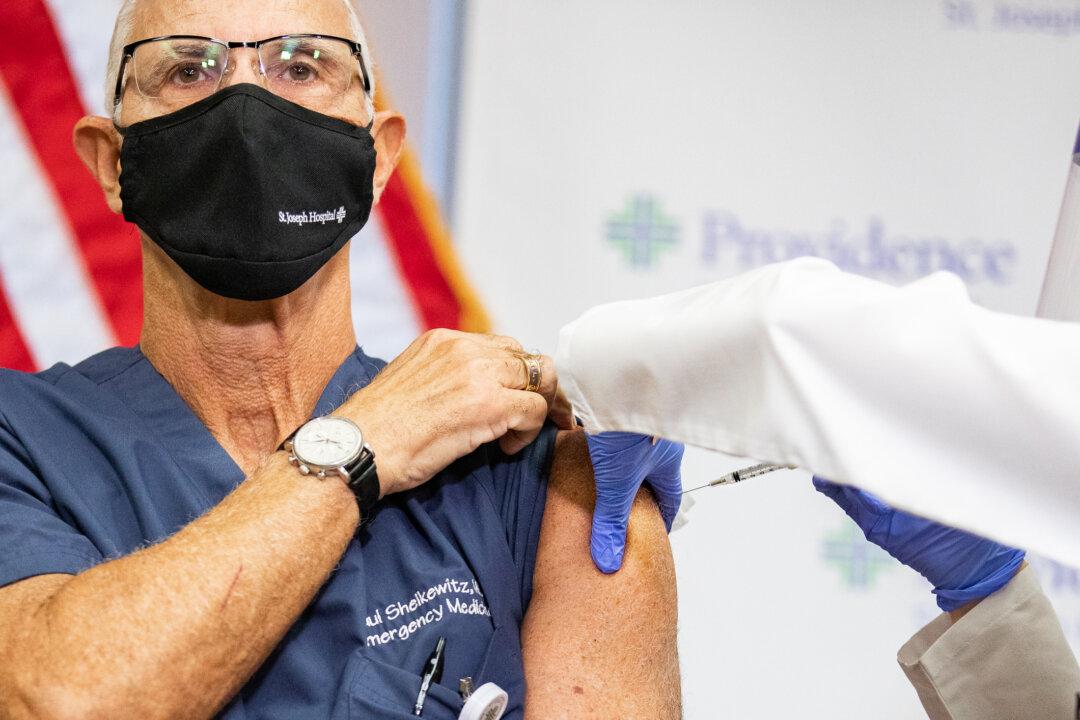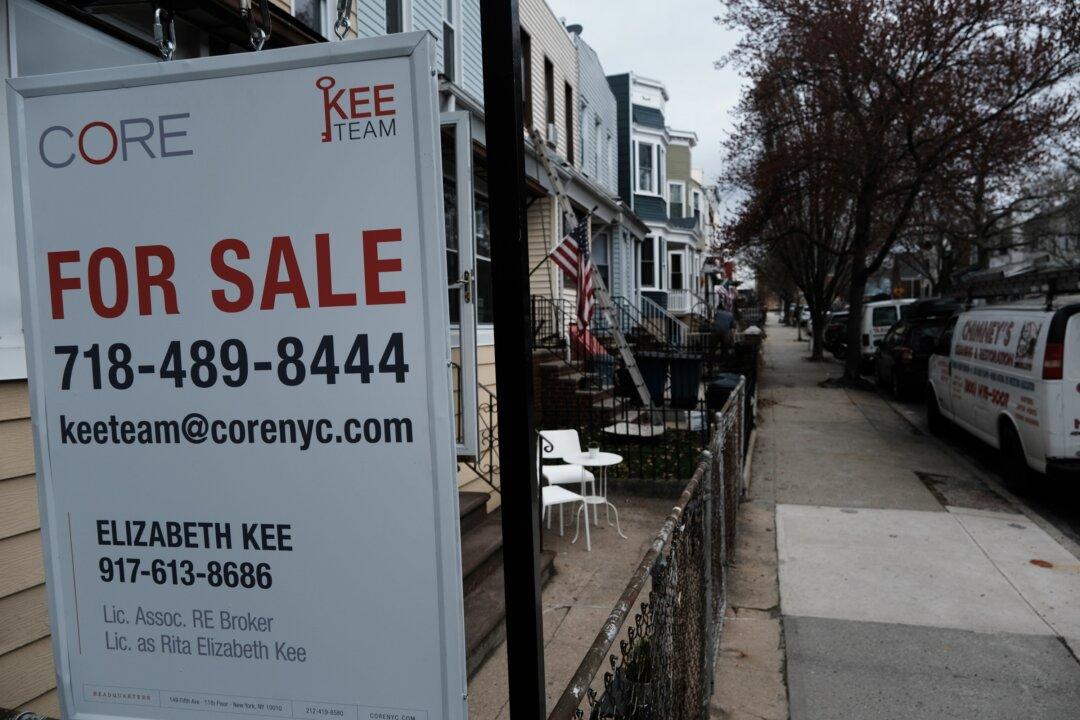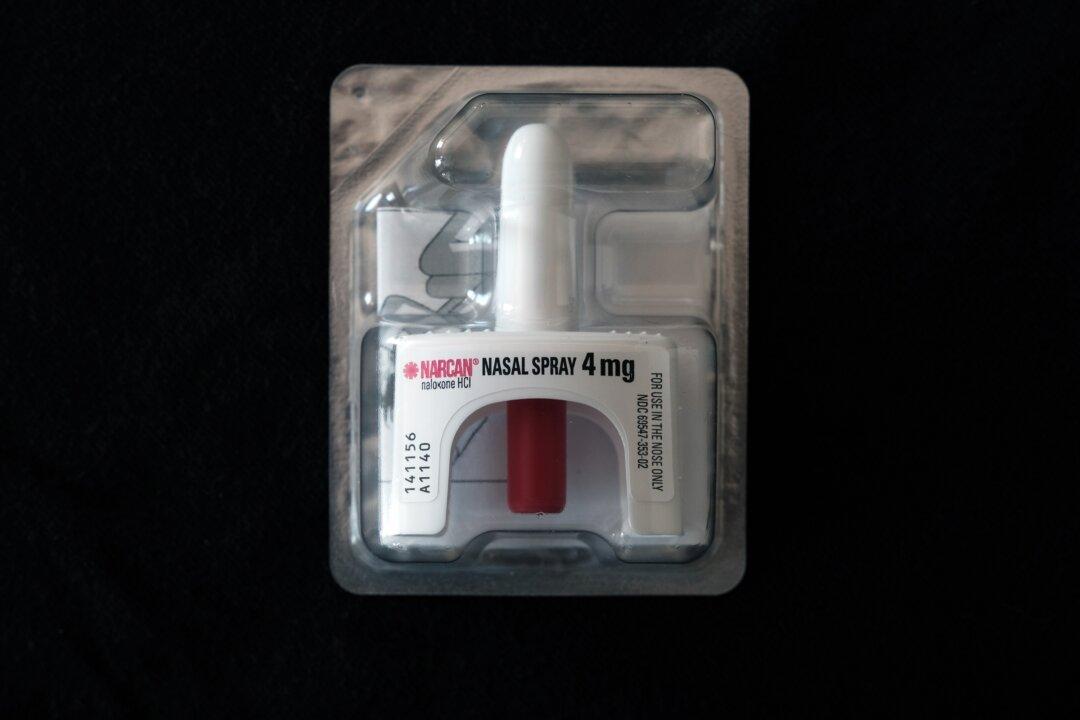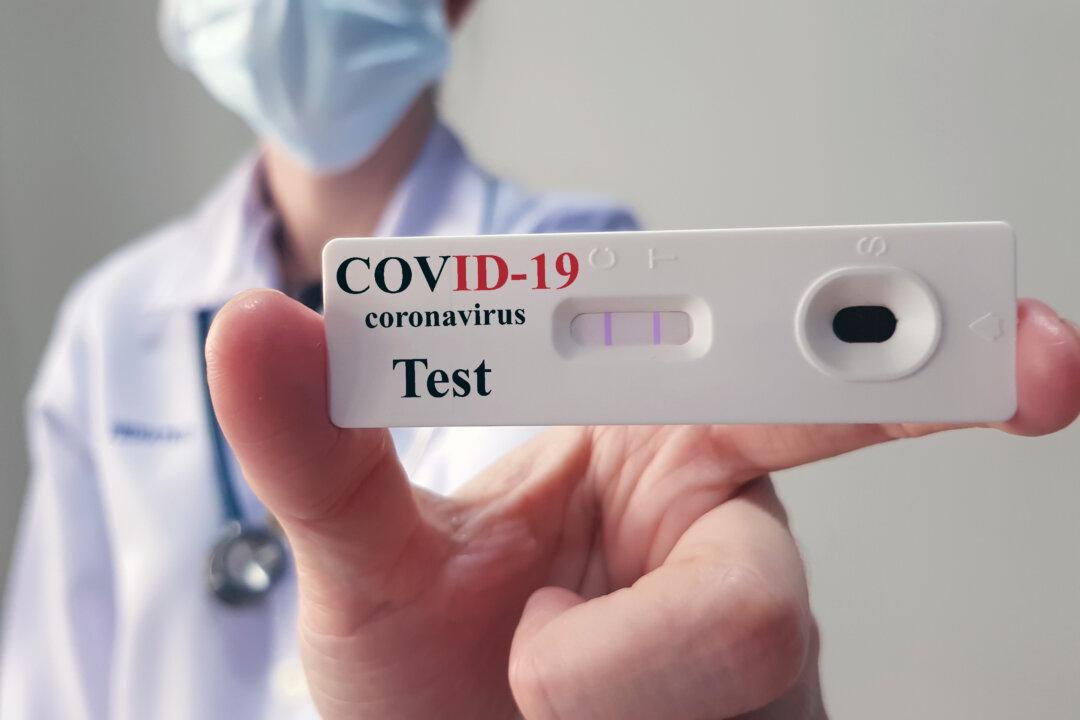The federal judge who last week blocked New York officials from mandating COVID-19 vaccines for all health care workers in the state opted Monday to extend the order by up to another two weeks.
Even an attorney for the plaintiffs admitted the decision by U.S. District Judge David Hurd seemed “at least somewhat unusual.” However, it means some of New York’s most essential workers statewide will be covered by his order through Oct. 12.





